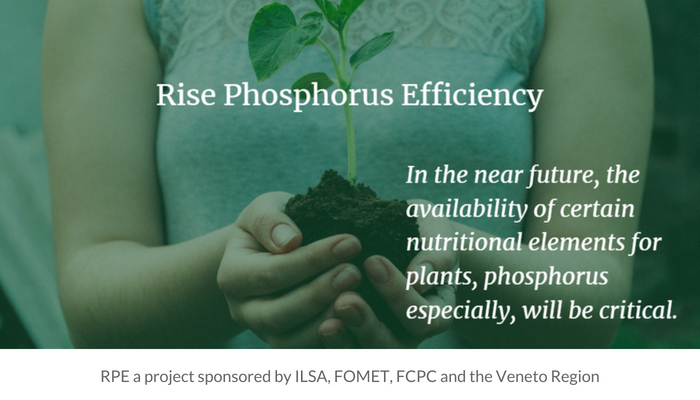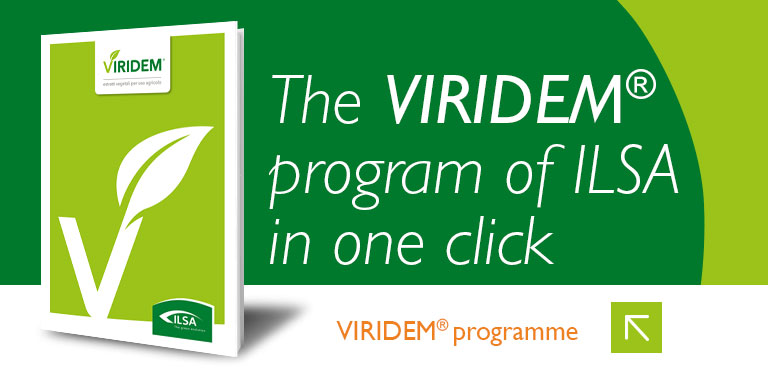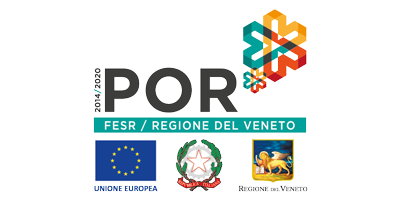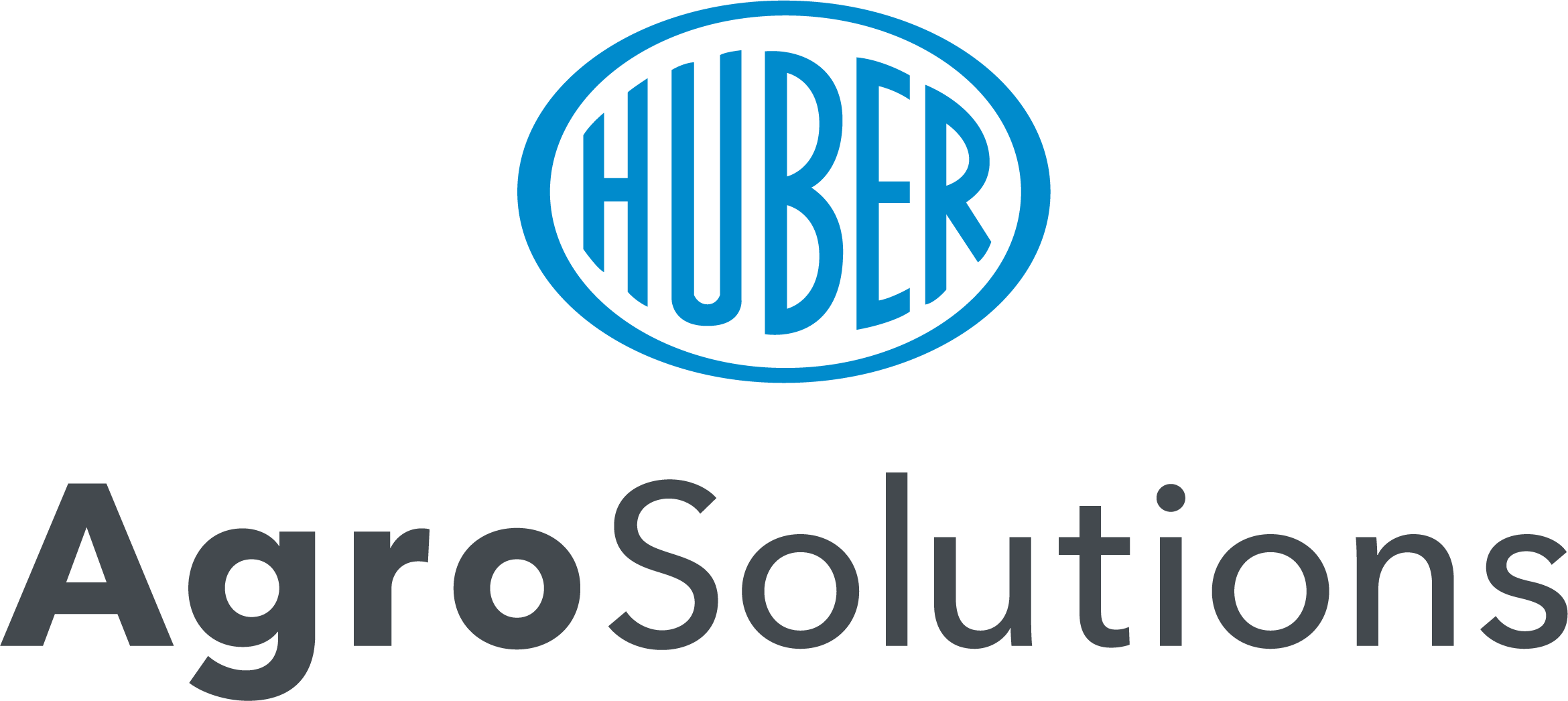Press release
High-efficiency phosphorus fertilizers
A project sponsored by Ilsa, Fomet, and FCP Cerea, with the contribution of the Veneto Region
06/06/2018

Ilsa, along with Fomet and Fabbrica Cooperativa Perfosfati (FCP) Cerea, is sponsoring a project that aims to increase the efficiency of phosphorus. Phosphorus is an essential element in plant nutrition, and Europe is extremely dependent upon African countries and the Middle East for its supply, where it is often extracted through the use of unsustainable methods.
It is called Rise Phosphorus Efficiency (RPE). Of its total cost, 40% was provided with the help of European funds, managed by the Veneto Region (POR-FESR 2014-2020 – Projects developed by companies’ aggregations –Axis 1: Research and technological development and innovation, Axis 3: Competitiveness) and the rest was paid by the sponsoring companies.
In the near future, the availability of certain nutritional elements for plants, phosphorus especially, will be critical. This essential macro-element is contained in high percentage in animal and human dejections. However, it is only marginally used. The heart of the project is the development of phosphate fertilizers, especially for the purpose of organic farming, which are based on simple and chemically unmodified minerals and on waste derived from the animal breeding chain.
The combination of phosphate rocks and food and animal residues, with specially selected additives, will lead to an enhancement in the efficiency of the use of phosphorus, which is very low at the present time. In the last few decades, this low efficiency has necessitated overdose and, in turn, waste for the attainment of the productive aims that are set by agricultural enterprises.
The recovery and enhancement of by-products from other production supply chains allows partners to each have a specific role: Ilsa for pelleting in a controlled environment and integrating with hydrolysates and extracts that work as activators, Fomet for controlled fermentation through the use of enzymes, and FCP Cerea for controlled granulation with different reagents, in order to develop a series of prototypes of solid and liquid organomineral fertilizers. These are made with raw secondary materials and simple, sustainable, and low environmental impact raw materials. They require reduced energy for their production, and they can be used in organic farming and applied to crops in a targeted way. However, above all, they have a high ratio of applied phosphorus and distributed phosphorus, which allows for an optimal vegetative-productive growth in cultivated plants.
The role of private scientific units, such as Landlab, and public ones, such as the Department of Agronomy, Animal, Food, Natural Resources and Environment (DAFNAE), led by Professor Serenella Nardi, is crucial in the evaluation of raw materials and prototypes generated. Their contribution in terms of analytical, physiological, and agronomic aspects led to the acceleration of the analysis of the best combinations of raw materials and additives and brought about a better understanding of the action mechanisms and fertilizer performance evaluation.
Paolo Girelli, the President of Ilsa, said about RPE that “This project, now at an advanced stage (it ends in October 2018 .ed), demonstrates the ability of the Veneto companies to cooperate thus overcoming the disadvantages deriving from their small size, when compared with the German, American and Chinese chemistry colossi. It also demonstrates that green chemistry in our region is a real feature of our corporate culture and this gives us advantages over foreign competitors, but also Italians, based in other regions.”
The three sponsoring companies are rapidly organizing the post-project industrialization phase to propose to the market products designed to cater to the needs of agricultural crops, and sustainable and more advanced agriculture, with an aim to give less to get more: more yield, more sustainability, and an increased economic margin for agricultural operators.





.png)
















